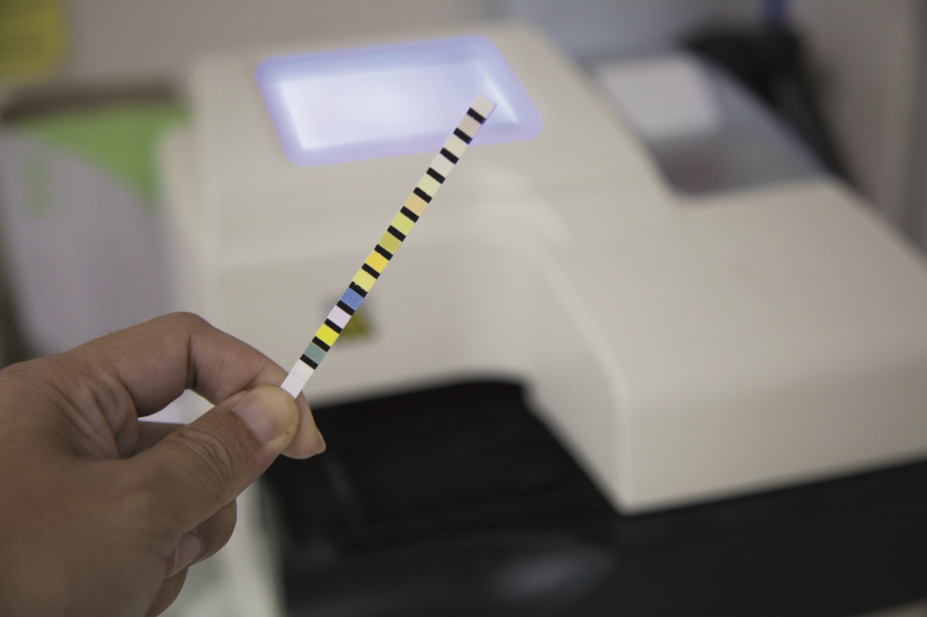
Shutterstock.com
The National Institute for Health and Care Excellence (NICE) has published a set of draft guidelines to help healthcare professionals optimise antimicrobial prescribing for urinary tract infections (UTIs) and minimise antimicrobial resistance (AMR).
The guidance, which is now out for consultation, covers the management of lower UTIs; recurrent UTIs; catheter associated UTIs; pyelonephritis; and prostatitis.
In the documents, NICE recommends that healthcare professionals ask patients about the severity and regularity of their symptoms before they consider antibiotics.
It also advises that healthcare professionals promote self-care steps to patients, such as taking paracetamol, and carrying out behavioural and personal hygiene measures, such as drinking adequate fluids, in order to prevent recurrent infection. However, NICE highlights that evidence around the effectiveness of cranberry products is inconclusive.
The guidance also suggests that a midstream urine sample be sent for culture and susceptibility testing before selecting the most appropriate antibiotic for treatment, and it recommends that factors such as severity and frequency of symptoms, risk of complications and previous antibiotic use should all be taken into account when prescribing an antibiotic.
“We recognise that the majority of UTIs will require antibiotic treatment, but we need to be smarter with our use of these medicines,” said Mark Baker, director for the centre of guidelines at NICE.
“Our new guidance will help healthcare professionals to optimise their use of antibiotics — this will help to protect these vital medicines and ensure that no one experiences side effects from a treatment they do not need,” he added.
Susan Hopkins, deputy director for AMR and healthcare associated infections at Public Health England, said surveillance has shown that more than a third of laboratory confirmed Escherichia coli UTIs display resistance to key antibiotics.
“We are, therefore, urging GP practices and hospitals to follow the new guidelines so they can prescribe antibiotics appropriately to their patients.
“This will preserve our antibiotics so that they not only save lives today, but can continue to save lives tomorrow,” she said.
The draft documents are out for consultation until 5 June 2018 and it is expected that the final guidance on UTIs will be published around 8 January 2019.
The guidelines on UTIs form part of a series of 30 guidelines from NICE around common infections aimed at helping front line healthcare workers in the battle against AMR by preventing unnecessary prescribing of drugs.
Draft guidance on sinusitis, acute sore throat and ear infections has already been published and further guidance on other common infections is being planned.


